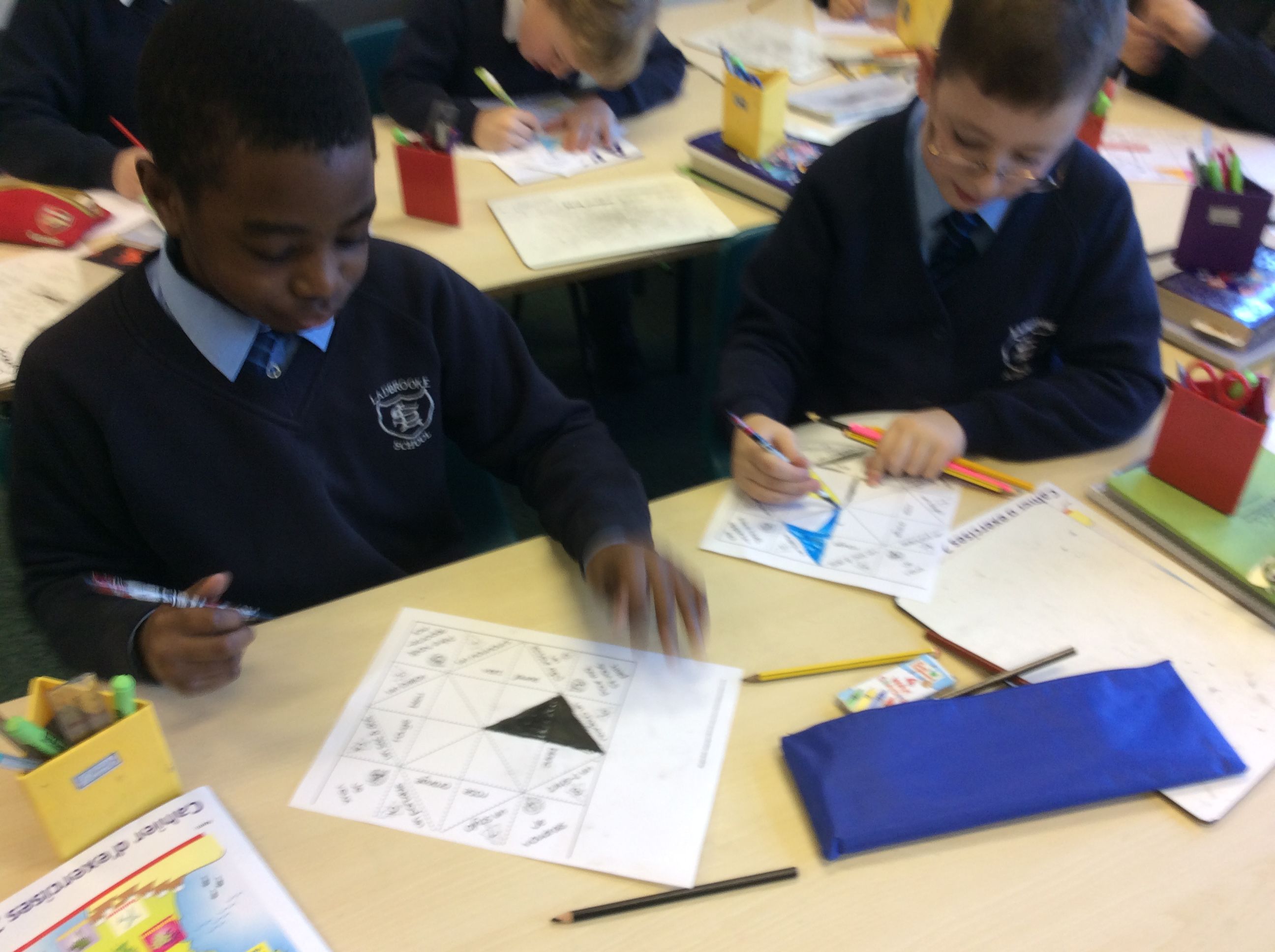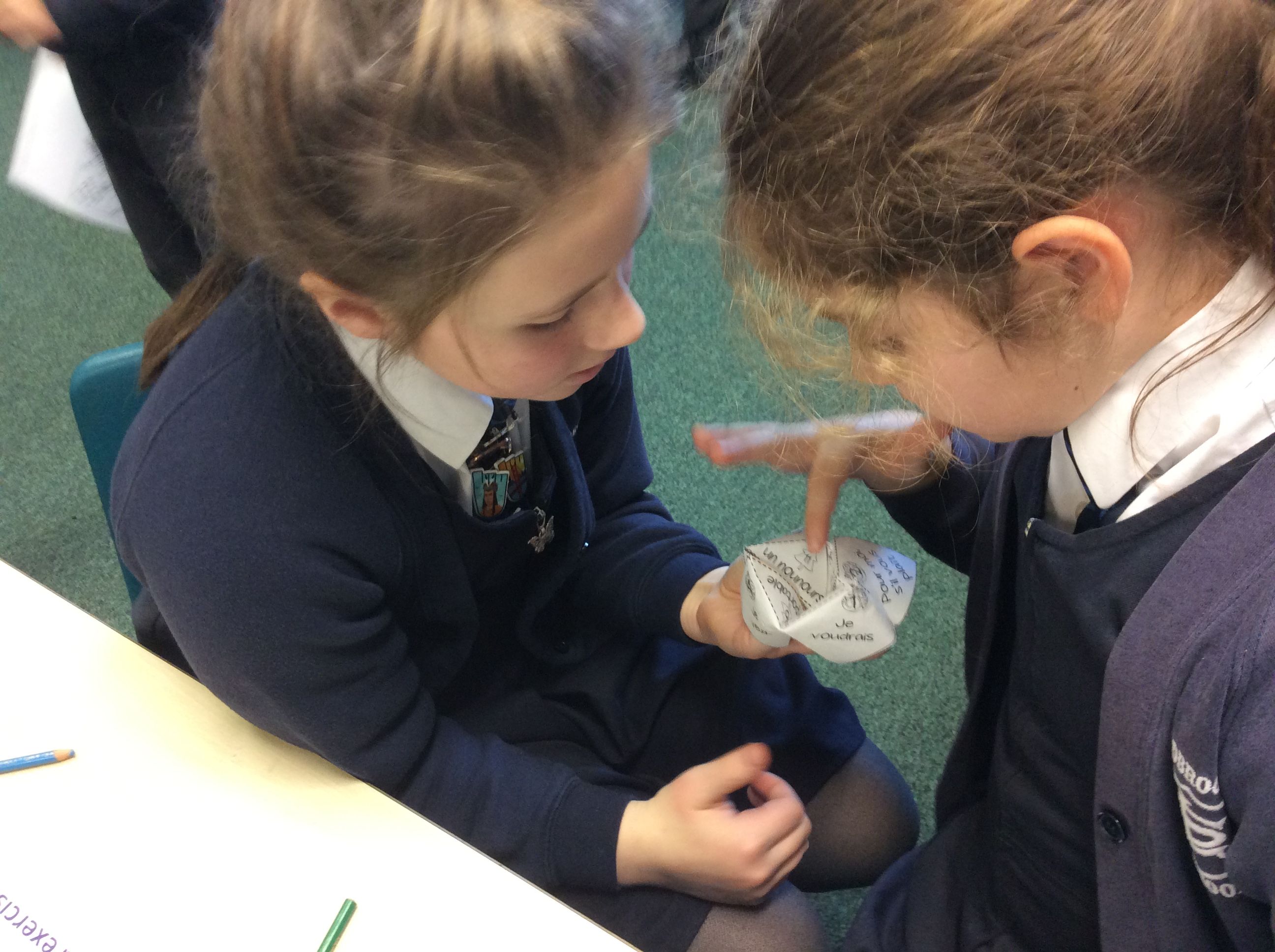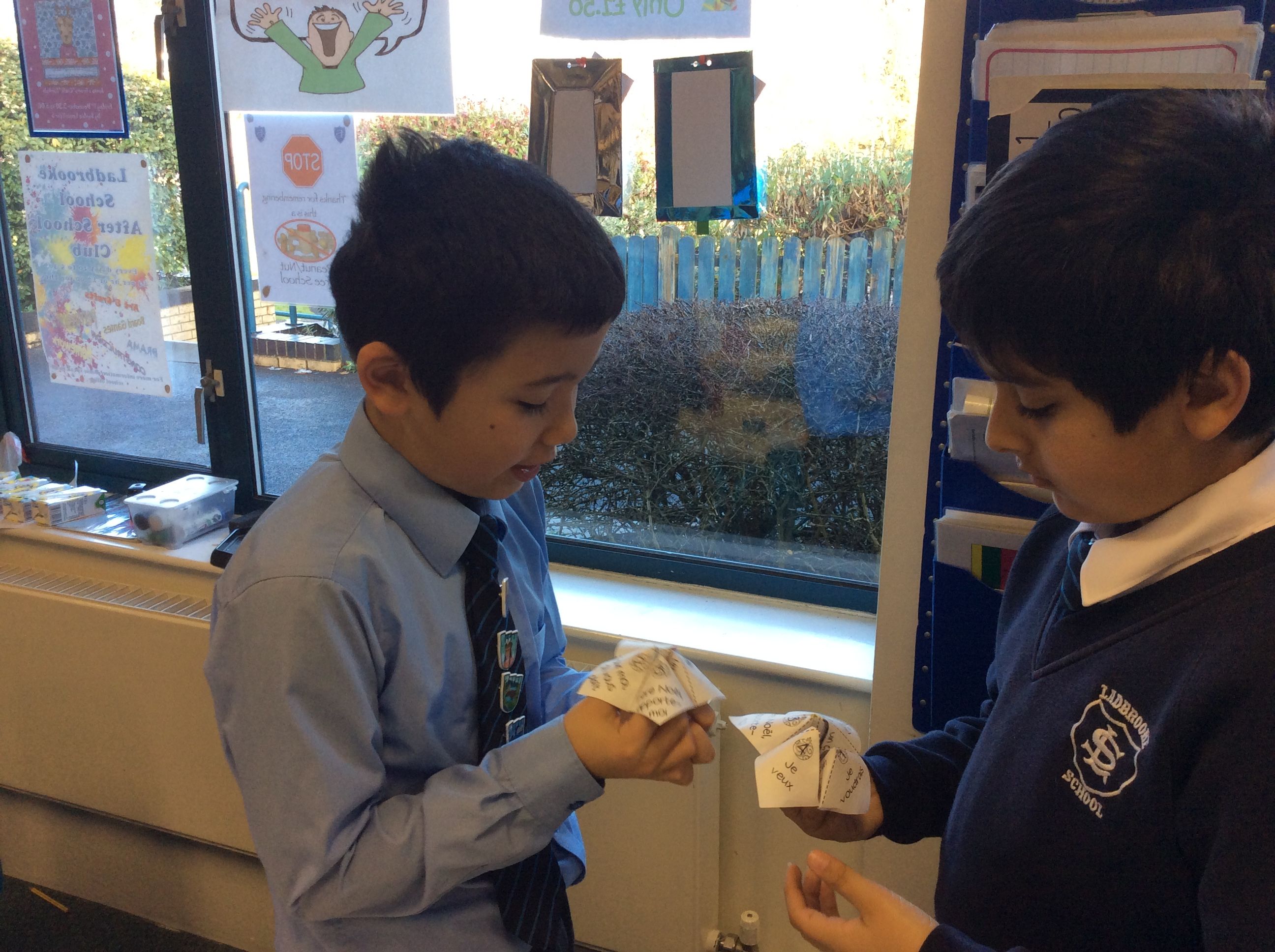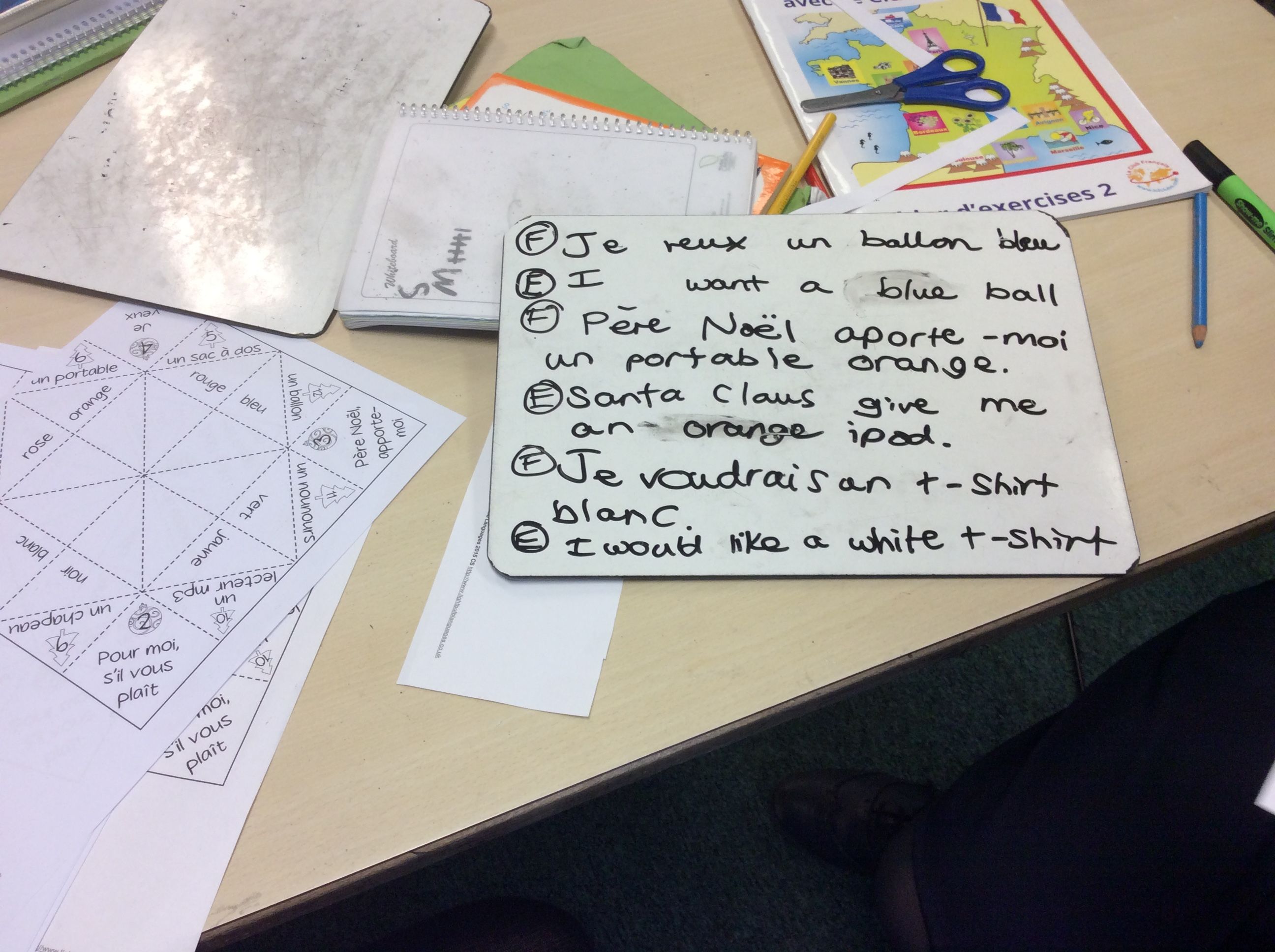“One language sets you in a corridor for life. Two languages open every door along the way.” – Frank Smith (Psycholinguist)
Curriculum Intent
MFL prepare pupils to participate in a rapidly changing workd in which work and other activities are often carried out in languages other than English. Increased capability in the use of MFL promotes initiatvie, confidence and independent learning and encourages diversity within society. Owing to thier lack of inhibiiton, young children are usually enthusiastic participants to oral exchanges, making early language learning a great developer of receptive and prodcutive oral skills, as well as an enjoyment for language learning and communication.
Implementation
At Ladbrooke, we teach a foreign language to children throughout Key Stage Two. French is taught by a specialist language teacher during weekly time-tabled lessons. We use the scheme of work developed by Rachel Hawkes and Dr Marie-Odile Guillou. The scheme or work implements key recommendations from the pedagogy review and the OFSTED languages research report which hihglight three key knowledge strands: phonics, vocabulary and grammar.
All curriculum overviews (see links) are based on the resource by Guillou, Marie-Odile; Hawkes, Rachel, licesnsed under CC BY-NC-SA 4.0
We use a variety of techniques to enable children to actively engage in the modern foreign language: these include games, role-play, songs (particularly action songs), storytelling and interactive ICT programmes. We often use real objects e.g. food, drinks, clothes, puppets and toys to bring the language to life. We watch videos and listen to recordings in order to expose the children to more than one voice in the foreign language. New vocabulary in the foreign language is taught by using mime and actions as this teaches the language without the need for translation and aids memory. We make the lessons as entertaining and enjoyable as possible, as we believe that this approach develops a positive attitude in the children to the learning of modern foreign languages.
 |
 |
 |
 |
IMPACT
Learners will:
- Develop resilience in language learning as well as enjoyment for it though a challenging scheme of work
- Aquire language learning strategies for memorisation and retrieval as well as for listening, reading and understanding
- Develop the skills of how to use a bi-lingual dictionary to decode unfamiliar language
- Be able to manipulate language to speak or write sentences creatively using prior knowledge of grammar and key features; with or without a dictionary
- Have a sound grasp of the key sounds of the French language and the corresponding graphemes and be able to apply this knowledge when speaking, listening and reading aloud
- Recognise some of the language patterns of French and how these differ or are similar to English
- Apppreciate and be able to copy the sound of the language at text level through songs, stories and rhymes
- Have a deeper understanding of cultural differences and similarities
- Demonstrate substantial progress in learning French and meet the targets of the KS2 Programmes of Study for languages
Regular progress checks are completed throughout the year. French attainment is reported to parents at the end of each academic year.
